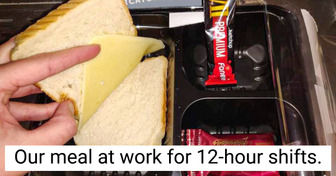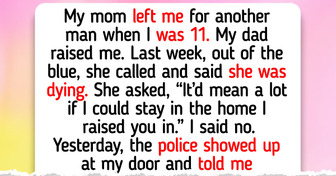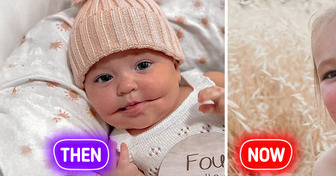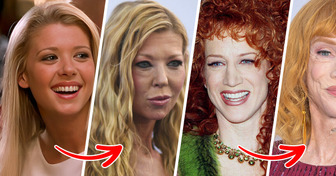17 Pictures That Show What Extreme Heat Can Do
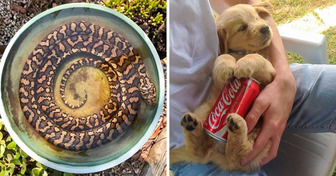
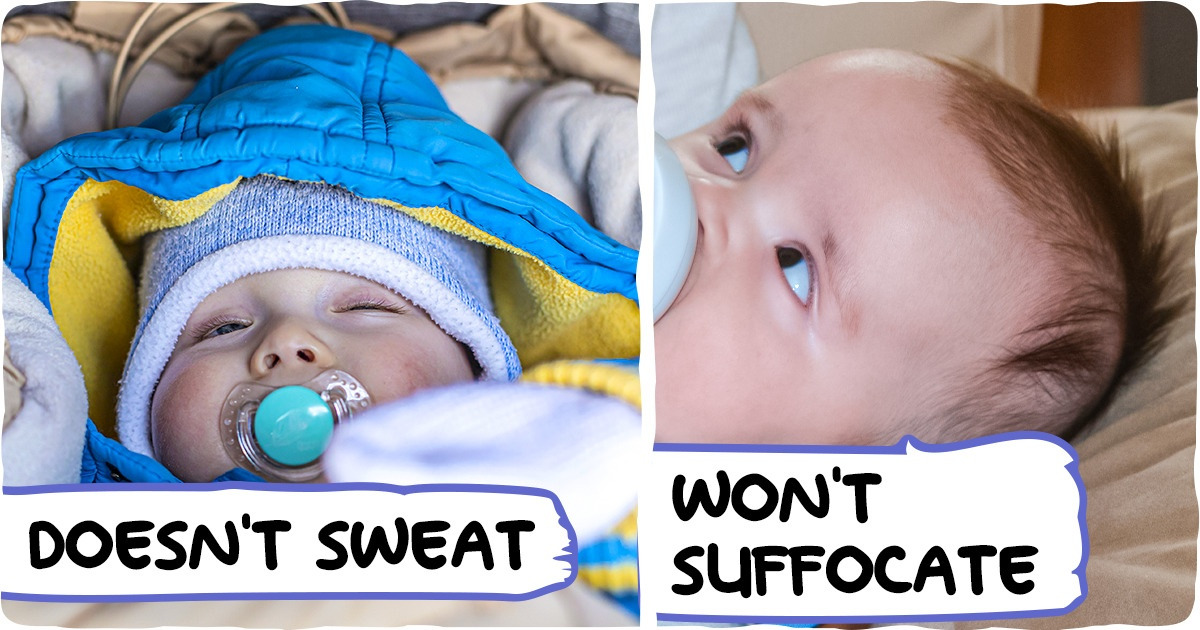
It’s not easy for young parents to accept the fact that they have a tiny person with their own temper, personal preferences, and traits. And even though they seem helpless with some things, they are actually superior to adults.
We have read some facts about the superpowers babies have, and now we’re even more fascinated by them.
It’s hard for babies to alternate between swallowing and breathing, so nature took care of this problem. Up until 6-7 months, the larynx is located higher than it is in adults, so the airways are safe from liquids and food. But as we grow up, the epiglottis goes down. If it didn’t, we wouldn’t be able to say vowels clearly. So, everything comes at a price.
To make childbirth easier, some of the babies bones are separated into several bones. For example, the skull. A newborn has around 300 bones, but many of them grow or fuse together with age. And a solid kneecap forms within the first 6 months from the cartilage tissue.
Doctors claim that it is totally normal: half-open eyes indicate a baby is in the fast sleep phase. It’s when we see dreams and process information about the world. Adults spend around 25% of their sleep time in this phase, and babies — around 50%. This is how babies train their memory and perfect their nervous system.
Infants have around 30,000 taste buds spread throughout their mouths. And adults have only 10,000. Some scientists think that this number of taste buds is necessary for them to explore the world around them. By licking objects, babies might not just be experiencing the taste. According to the theory of synesthesia, the stimulation of one sensory or cognitive pathway leads to involuntary experiences in a second sensory or cognitive pathway. For example, when people see the color of music or can smell words. Something like this happens to infants.
Infants are born with 100 million neural connections in the brain. This is 2 times more than adults have, even though babies have much smaller brains. So, in a way, they think more than their parents: during the first year of life, they need to process a giant amount of information. But by the age of 3, the brain gets rid of the extra connections to optimize its work.
Babies don’t shiver when they are cold. They have a special way that they control thermal regulation: 5% of the body is brown adipose tissue. It protects them from hypothermia, so babies are less sensitive to the cold than adults.
During the first weeks of life, babies cry without tears and almost don’t sweat. It’s because the tear ducts and sweat glands are not fully developed yet. In our bodies, there are 2 types of sweat glands: eccrine and apocrine. The apocrine glands become active in the teenage years, and the accrine glands — a few weeks after birth.
Babies can activate the pleasure centers in their mother’s brains. When a woman smells her baby, a complex chemical reaction starts, and dopamine is injected into the blood, which is a pleasure hormone. We feel the same thing when we eat after being hungry or drink when we are thirsty.
Babies can’t change eye color. Some babies are born with blue eyes, but they don’t last for long. Melanin is not produced in our body right away and parents can only guess what eye color the baby will have, with one exception.
Red spots on the nose, around the eyes, and on the back of the head are seen in almost 50% of newborns. They are called stork bites and angel kisses. These spots become brighter when a baby is crying or screaming. They are dilated blood vessels under their thin skin. In most cases, they are not dangerous, nor do they disappear.
In tiny amounts, there’s gold in the soil, water, plants, and even the human body. On average, we have 0.2 mg of pure gold in our bodies. But babies have 2 times more gold in their hair than in the earth’s crust.
Sigmund Freud thought that babies were born morally empty, but the studies of Yale psychologist Paul Bloom prove than even 3-month-old babies can tell good things from bad ones and evaluate them in a way.
Parenting practices are always changing. Just 100 years ago, parents didn’t worry much when kids would get dirty or eat something off the floor. Modern moms and dads prefer not to risk their children’s health and react to every single baby sneeze. But there are some people that still raise kids “the old fashioned way.” Which way do you prefer?

